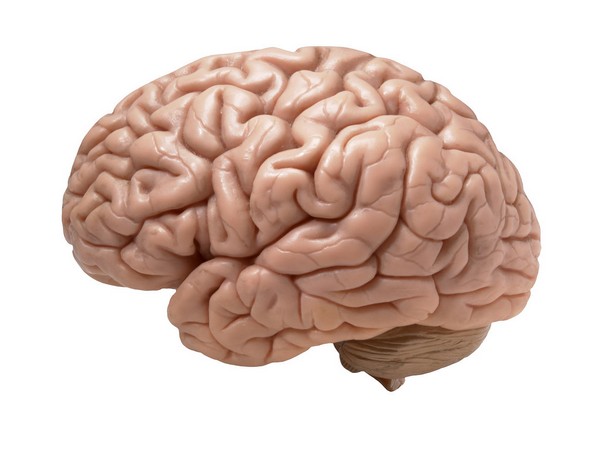Scientists find functioning amyloid in healthy brain: Study
Scientists conducted experiments on laboratory rats and showed that the FRX1 protein in the brains of young and healthy animals functions in an amyloid form.

- Country:
- United States
Scientists conducted experiments on laboratory rats and showed that the FRX1 protein in the brains of young and healthy animals functions in an amyloid form. Scientists from St Petersburg University worked with their colleagues from the St Petersburg branch of the Vavilov Institute of General Genetics. The previously published reports indicate that this protein controls long term memory and emotions: mice that have the FRX1 gene "off" quickly remember even complex mazes, and animals that have too much of this protein do not suffer from depression even after severe stress. In addition, in humans, a failure in the gene encoding FRX1 is linked to autism and schizophrenia. The study was published in the journal Scientific Reports.
According to Alexey Galkin, Professor of the Department of Genetics, Doctor of Biology, "Our findings clearly show that developing a universal remedy that will destroy all amyloids in the brain is totally futile. Instead, we need to look for a cure for each specific pathology. The healthy brain was previously known to store only a few protein hormones in amyloid form. They are stored in secretory granules in the hypophysis, but when the time comes, the secretory granules burst and the proteins function in a normal, monomeric form. We have initially proved that the protein can actually function in the brain in amyloid form, both as oligomers and as insoluble aggregates. Also, the amyloid form FRX1 can bind RNA molecules and protect them from degradation." The research was conducted by the Research Park of St Petersburg University with equipment provided by the resource centres "Chromas Core Facility" and "The Centre for Molecular and Cell Technologies".
The amyloid form of FXR1 protein was discovered by scientists using the amyloid proteome screening method developed by a research team in 2016. Amyloids generally play an important role in many organisms: for example, one of these proteins is found in human pigment cells and affects skin tanning. However, today, scientists are interested in amyloids primarily due to the need to find a cure for neurodegenerative diseases, where these proteins play a key role. (ANI)
(This story has not been edited by Devdiscourse staff and is auto-generated from a syndicated feed.)
- READ MORE ON:
- St Petersburg
- Scientific Reports










